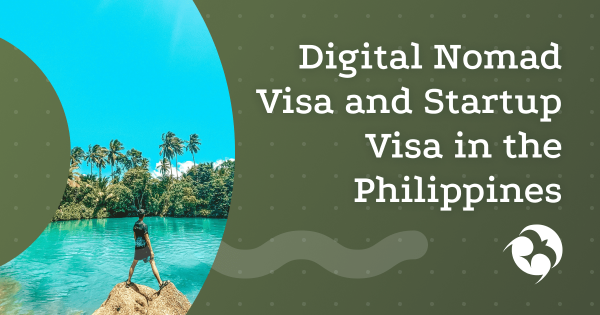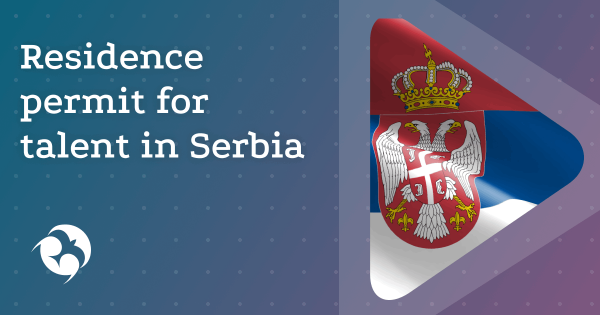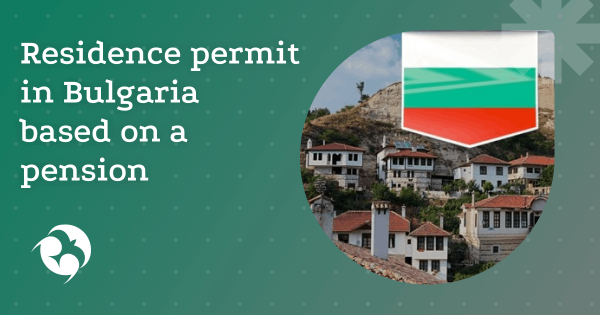The Philippines is actively developing immigration tools aimed at attracting foreign specialists and investors. In 2025, the country plans to launch new types of visas aimed at remote workers and entrepreneurs — the digital nomad visa and the startup visa. Bills No. 2991 and No. 11337 (Innovative Start-up Act) are designed to strengthen the Philippines’ position as an attractive destination for international talent and investment.
The Ministry of Foreign Affairs of the Philippines has been authorized to issue special visas to “nonimmigrant foreigners who wish to enter and/or stay in the country temporarily for the purpose of remote work using digital technologies, and whose clients or employers are located outside the Philippines.” The pilot phase of the program starts from the end of May to the end of July 2025.
It is especially important to pay attention to the principle of reciprocity. The visa is only available to citizens of countries offering similar programs to Filipinos. This means that citizens of Germany, Switzerland, Singapore, the USA, Canada, Great Britain, France and several other countries will not be able to apply for this visa.
Highlights of the program
The digital Nomad visa will grant foreign remote workers the right to reside in the country for up to 2 years. Unlike similar programs in other countries, the Philippine visa will not provide tax benefits, which is an unusual solution for this type of residence permit.
In order to apply for a Digital Nomad Visa, the applicant must meet the following requirements:
- A passport with a validity period of at least 6 months;
- Confirmation of the status of a remote employee (employee, freelancer or business owner);
- Meeting the minimum income requirements (a specific amount has not yet been determined);
- Availability of medical insurance;
- Lack of employment in Filipino companies;
- Providing a certificate of no criminal record (no security threat to the Philippines).
Holders of a digital nomad visa will have the right to stay in the country for up to 1 year with the possibility of extension for the same period. There are also multiple entry privileges for the entire duration of the visa.
What types of visas are provided?
The country’s new immigration policy provides for several types of visas.
Digital Nomad Visa
As already mentioned, this visa will allow remote workers to live in the country for up to 2 years without tax benefits. To manage the program, the Philippine Department of Foreign Affairs, in coordination with the Department of Justice, the Department of Tourism, the Bureau of Immigration, and the Bureau of Internal Revenue, will develop the necessary instructions for issuing, extending, and canceling visas within 30 days of the decree’s entry into force.
Investment visas
Starting in July 2024, investors can receive a FAB-Investor Visa (equivalent to a permanent residence permit) for investments starting from $75,000 (about 4.2 million Philippine pesos)1. The status is issued in Bataan, a free trade zone where foreign corporations and entrepreneurs receive tax benefits. The receipt process takes only about 7 days.
Special Investor’s Residence Visa (SIRV)
This visa also requires investments of at least $75,000, but involves investments in specific business projects, public companies or companies operating in priority sectors of the economy.
Startup visa
The Philippines offers special conditions for startups in advanced industries: the startup’s capital must be at least $100,000, and the number of local employees must be at least 15 people. In turn, there are 3 categories of startup visas:
- Startup owner visa — for startup founders registered in the Philippines.
- Startup employee visa — for foreigners participating in Filipino startups.
- Startup investor visa is for investors who are ready to invest in the startup ecosystem of the country.

- We will answer all your questions
- We will help you choose the best option
- We will guide you through every step or do everything for you
Expected results
The Philippine government expects that the launch of the digital nomad visa and startup visa will significantly increase the income of the country’s tourism industry. Digital nomads tend to stay in the country longer than regular tourists. Therefore, they spend more money on accommodation, meals and other services.
According to experts, one digital nomad brings 2-3 times more income to the economy than the average tourist. With the successful implementation of the program, the Philippines can attract up to 50-100 thousand digital nomads annually.
The decision to exclude tax benefits from the program was made on the recommendation of the Private Sector Advisory Council on Tourism (PSAC-Tourism). When preparing the bill, the agency’s experts recommended that President Marcos focus on increasing income from tourism.
Expert opinion
According to experts, the Philippines’ new visa programs have significant potential, but many details need to be worked out.
It is assumed that the lack of tax benefits will be offset by other benefits. For example, a long stay and a relatively low cost of living.
Given the attractiveness of the program, it is important to keep an eye on updates to the requirements and conditions. If you are considering the Philippines as a destination for relocation, it is worth paying attention to the existing legalization options. For example, current investment visas are available and have fairly flexible conditions. Another option would be to consider existing programs for nomads, for example, in Spain or Montenegro.












